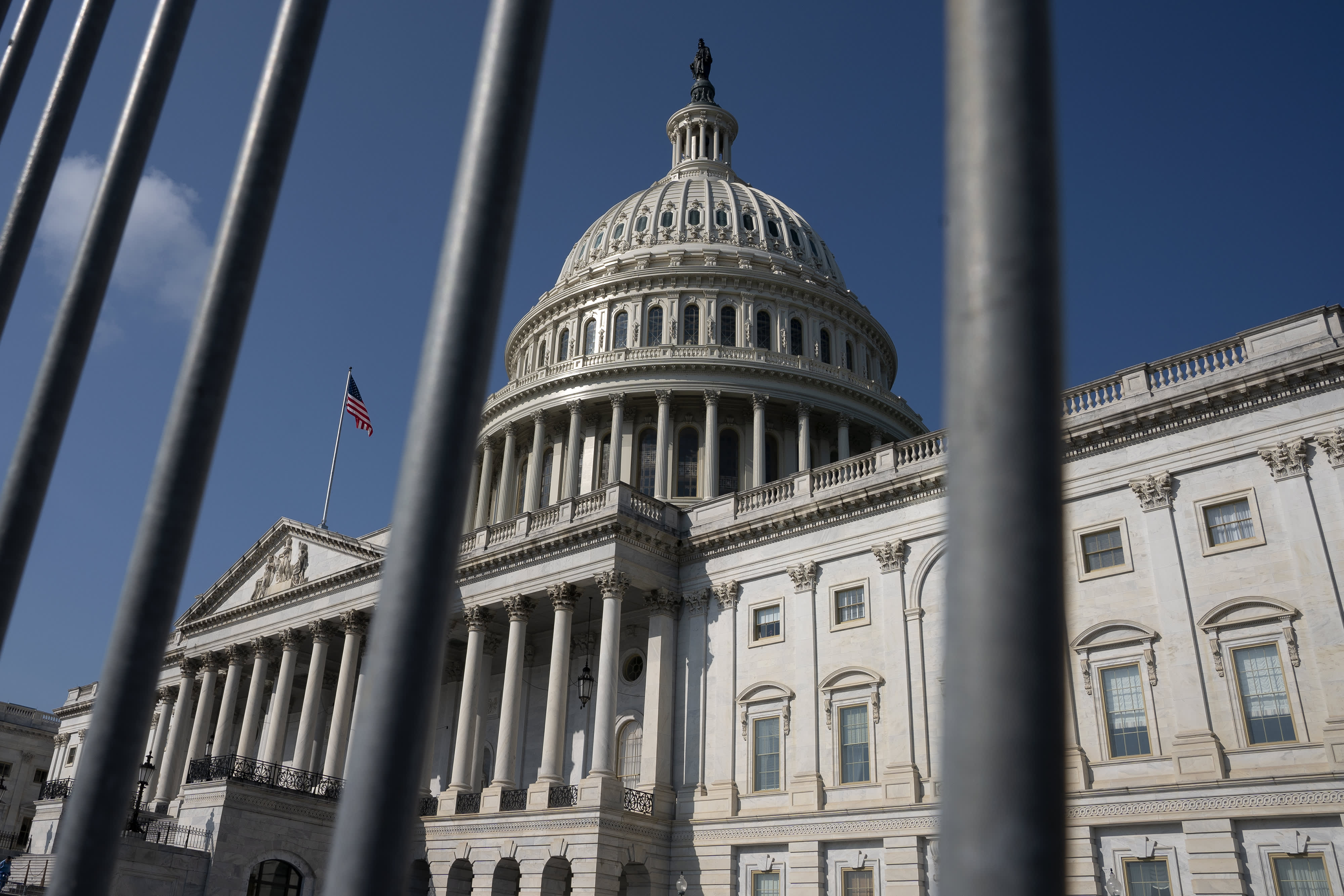Lobbying in Q1 topped a record $938 million, but lobbyists say their profession is misunderstood

In the first quarter of 2020, the total amount spent on lobbying, about $938 million, reached the highest on record, according to the Center for Responsive Politics. At least 3,200 companies, trade associations and other groups reported trying to influence the government’s response to the pandemic, CRP said.
Many of the biggest spenders, according to CRP data, also received substantial relief from the CARES Act. The health sector, which spent $168 million on lobbying efforts, received $150 billion in coronavirus relief aid, according to Advisory Board. The airline industry, which spent $29 million on lobbying, received $32 billion in relief aid, according to the Peter G. Peterson Foundation, and agribusiness, which spent $38 million, received $19 billion in aid, CRP said.
“If you don’t have a strategy to deal with Washington today, I don’t care if you’re a small business, a medium-sized business or large business, if you don’t have a government affairs strategy, you are going to be left behind,” said Paul Miller, a veteran lobbyist and partner at Miller Wenhold Capitol Strategies.
“The pandemic is a perfect example of that. If you didn’t have somebody here with the relationship to speak for you, well, then you likely didn’t get what you wanted or needed to help yourself,” Miller said.
The lobbying industry is arguably the U.S. government’s oldest profession and is protected by the First Amendment. Yet critics say it undermines the country’s democracy by tilting the power to influence policy in favor of those with unlimited financial resources.
Nearly 12,000 active lobbyists in Washington, D.C., helped thousands of clients spend over $3.5 billion in 2019.
Jimmy Williams worked as a lobbyist from 2002 to 2010. Before that, he worked as a legislative staffer for nearly a decade. He said lobbyists were instrumental to his work on Capitol Hill. Even as a lobbyist, he felt that his expertise helped lawmakers, as they were often inundated and overworked.
But he said things changed when he moved from trade associations to K Street.
“It was financially rewarding, as I got paid a lot more. But at the same time, I was then beginning to figure out that people didn’t give a damn about my knowledge of banking or of the real estate industry. It was all about checks. No one gave a damn about anything other than who I knew and how much it would cost for us to write checks to get into those offices, i.e., campaign donations,” said Williams, who now lives on a South Carolina farm.
The symbiotic relationship between campaign finance and lobbying is often contested. According to Sheila Krumholz, CPR’s executive director, “sending an army of lobbyists up to work Capitol Hill to follow that donation is kind of the one-two punch. You first give a donation, and you next have your lobbyist pay a call.”
One study by The Sunlight Foundation examined 14 million records from 2007 to 2012, includingon campaign contributions and lobbying expenditure, and found that for every dollar spent, the corporation received $760 from the government.
But many in the field say a lobbyist is not what people may think and instead works as a part educator and part lawyer.
The misconception about lobbyists is that “we walk around with bags of money and say, ‘Vote our way’ or ‘Oppose this.’ But it’s not even close to the truth,” said Marcie McSwane, owner of The McSwane Group.
“Everyone always says, ‘Drain the swamp,’ and [that] all these lobbyists who’ve been up there for so long are the worst,” McSwane said. “We’re not working against anyone. We’re hoping to work for and improve the lives of people here in the States. We love our country.”
Watch the video above to learn more about why lobbying exists.




